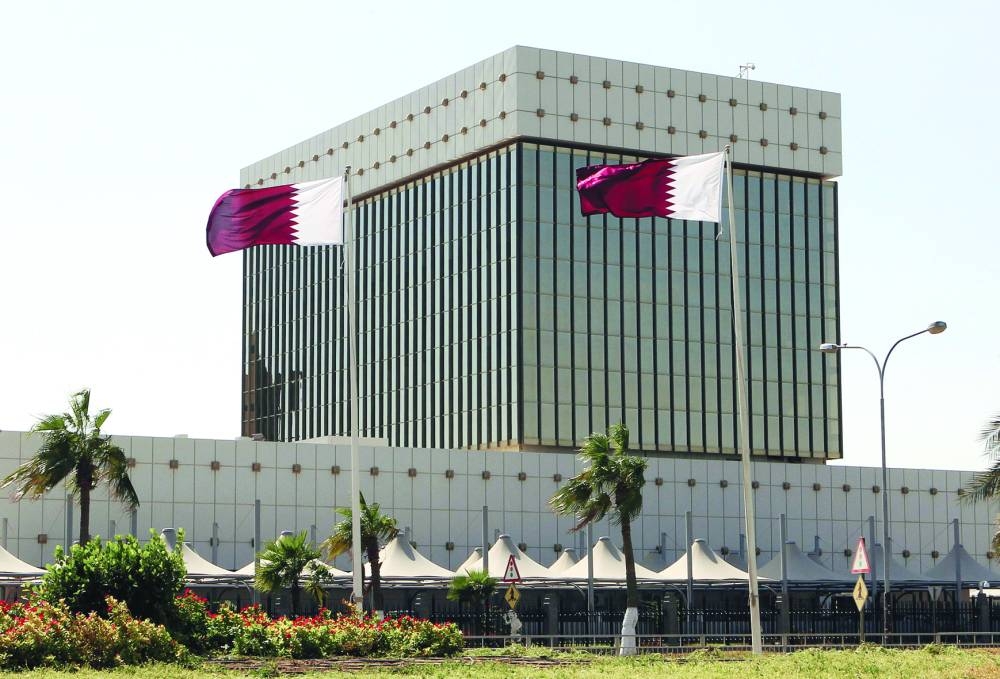The Qatar Central Bank (QCB)'s environment, social and governance (ESG) and sustainability strategy could pave way for ESG bonds and sukuk and the inclusion of sukuk within the strategy is a notable development, according to Fitch, a global credit rating agency.
"The strategy's emphasis on sustainable finance aligns with the increasing focus on ESG factors within the banking sector, reflecting a trend where stakeholders demand that banks integrate ESG into their corporate strategy and financing instruments, such as bonds and sukuk," Fitch said.
The second pillar 'Capital mobilisation towards sustainable finance', aims to enhance the financial sector's role in supporting national sustainability objectives and in mobilising capital for sustainable finance.
The strategy is broadly based on three main pillars with the first pillar focusing on managing climate, environmental, and social risks in the financial sector; the second encouraging capital investments in sustainable finance and the third pillar aiming at incorporating ESG and sustainability practices into the QCB's internal operations.
"The inclusion of sukuk within the strategy is indeed a noteworthy development. Sukuk financing for environmentally friendly projects introduces a vital element to the sustainable finance sector in the region, appealing to investors who are looking for Shariah-compliant options that also fulfil ecological goals," Fitch said.
This could support Qatar's aspiration to become a leading hub for sustainable finance innovation and capital mobilisation, in line with Qatar's National Vision 2030 and the Third Financial Sector Strategic Plan, according to the rating agency. "Through these targeted initiatives, the QCB aims to position Qatar at the forefront of sustainable finance, making it an attractive destination for investors seeking opportunities that align with ESG,’’ Fitch said.
"We recognise the importance of integrating sustainability into our financial activities and we believe that sustainable development can only be achieved through effective partnerships between financial institutions and the society," QCB Governor HE Sheikh Bandar bin Mohamed bin Saud al-Thani had said in the strategy report.
Calling for heightened transparency on the financial sector's contribution to national sustainability objectives, the QCB said to achieve this, the strategy includes the development of taxonomy of sustainable economic activities and guidelines for the issuance of sustainable products like loans, bonds, and sukuks.
Outstanding ESG sukuk grew significantly reaching $40bn at the end of first quarter (Q1) of 2024 (all currencies). Fitch expects the ESG sukuk market to cross 7.5% of global outstanding sukuk in the coming years (at end of Q1-24: 4.6%), with growth likely to be supported by issuers’ funding diversification plans, to satisfy international ESG investors’ mandates, and by government sustainability initiatives.

"The QCB aims to position Qatar at the forefront of sustainable finance, making it an attractive destination for investors seeking opportunities that align with ESG,’’ says Fitch.

